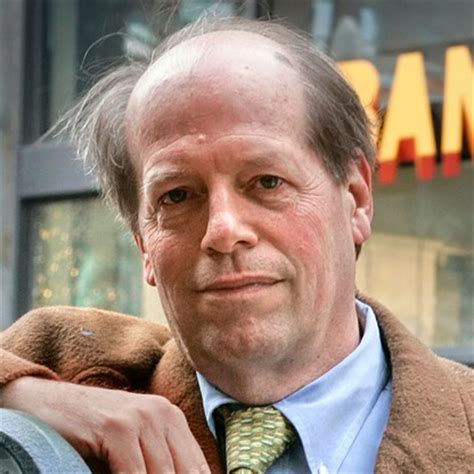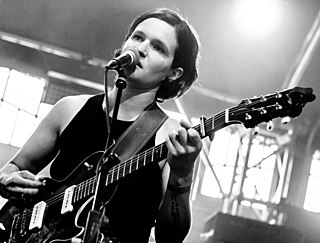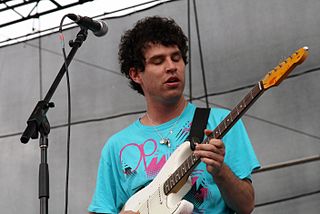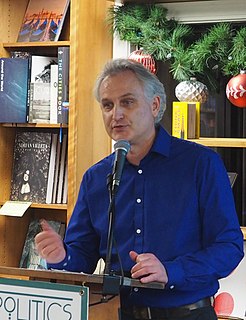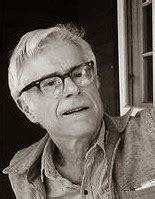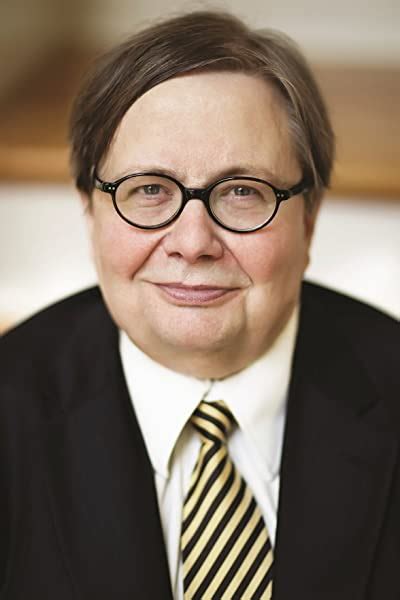A Quote by Richard Hayne
I don't like all suburbs, just like I don't like all parts of cities.
Related Quotes
The state of New Jersey is really two places - terrible cities and wonderful suburbs. I live in the suburbs, the final battleground of the American dream, where people get married and have kids and try to scratch out a happy life for themselves. It's very romantic in that way, but a bit naive. I like to play with that in my work.
I grew up in the D.C. suburbs, and what I like about that place is that there's not a strong regional affect in the cultural imagination like there is in Dallas or San Francisco or New York City. You have a little more freedom as a novelist this way. The suburbs become a generic idea, and the place doesn't intrude into the narrative.
London always reminds me of a brain. It is similarly convoluted and circuitous. A lot of cities, especially American ones like New York and Chicago, are laid out in straight lines. Like the circuits on computer chips, there are a lot of right angles in cities like this. But London is a glorious mess. It evolved from a score or so of distinct villages, that merged and meshed as their boundaries enlarged. As a result, London is a labyrinth, full of turnings and twistings just like a brain.
Maybe you play a melody twice. You play it once like you like it, and some parts that you don't like you can just switch. An eight-bar motive - you can just take it and put it in the front or back or something like that. It can save you 50 or 60 or 70,000 dollars, a drum machine. That's why everybody uses it.
